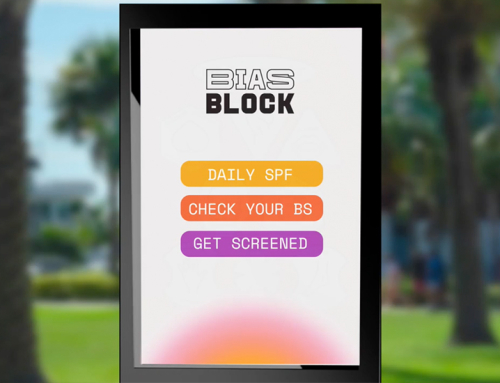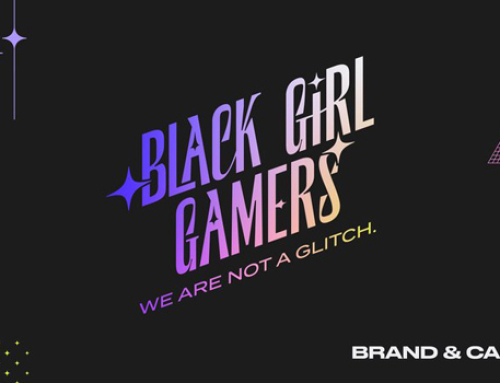Project Description
Cyberbullying involves the intentional and repeated harm of victims through the sending or posting of hurtful content via electronic devices. Alarmingly, over 20% of tweens (aged 9 to 12) are exposed to cyberbullying, with 15% of young victims unlikely to report the issue to peers, family, or adults. To address this, Cartoon Network has, for many years, launched anti-cyberbullying programs in collaboration with various schools and organizations. This study aimed to evaluate the effectiveness of these Cartoon Network anti-cyberbullying materials in shaping children’s attitudes and intentions regarding cyberbullying. We examined the effectiveness of incorporating multiple media assets in the intervention compared to a single-media condition and a no-intervention group. The multimedia condition included a Cartoon Network video campaign created in collaboration with Raising Good Gamers, tips for stopping cyberbullying, and exercises featuring hypothetical cyberbullying scenarios with corresponding actions. In an online experiment involving 380 tweens in the United States, we found that multi-media interventions were more effective than single-video or control conditions. Additionally, empathy levels among tweens played a significant role in shaping their attitudes and perceived behavioral control, which in turn influenced their intentions to stop or take action against cyberbullying. Our findings suggest that, like the approach taken by Cartoon Network and its partner organizations, exposing tweens to real-life cyberbullying scenarios and offering actionable strategies, beyond traditional public service announcements, may be especially effective in promoting proactive behaviors.







